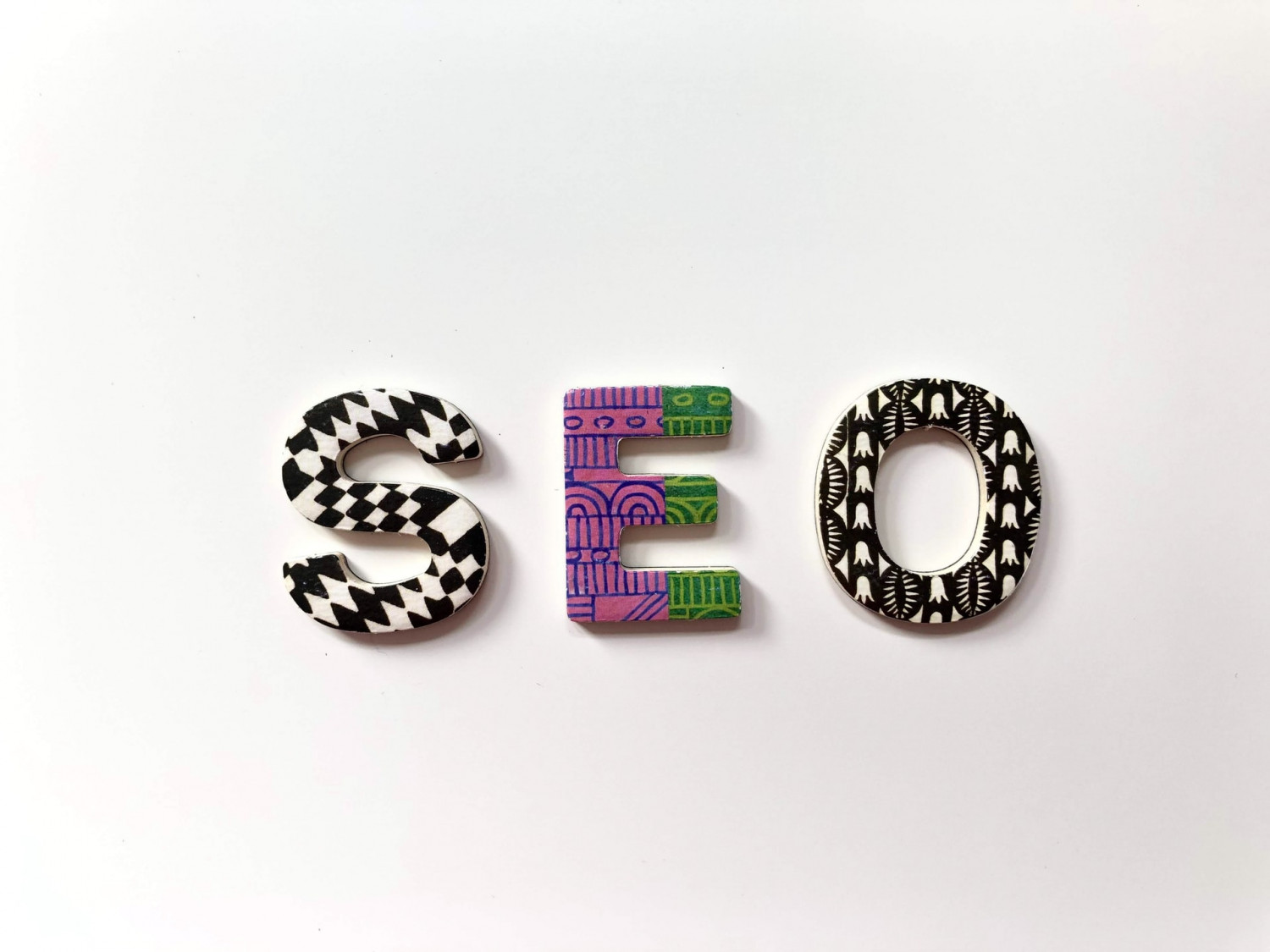How To Promote Your Website
Increase Search Engine Optimisation (SEO)
 You’ve created your site, now how do you naturally move yourself closer to the top of the search results? Below we look at some ways to make this happen, without spending a penny.
You’ve created your site, now how do you naturally move yourself closer to the top of the search results? Below we look at some ways to make this happen, without spending a penny.
1) Publish the Right Content
There’s no substitute for great content. It’s what is going to make people click through to your site. When you create content, create it with your audience in mind, this will increase your site's authority and relevance.
Keywords
Identify and target keyword phrases for each page on your website. Think about what a person might search for and ensure they’re included on the page. For example:
The Grand Canyon
Why do Christians celebrate Easter?
How do I apply for a Provisional License?
Placing keywords
Consider keyword phrases that can be placed in different areas, for example:
Can you use part or all of it in the URL?
Can you use part or all of it in the page title?
Can you use part or all of it in the page headings and subheadings?
Can you use part or all of it in the content of the page?
Answering yes to these questions will improve your search engine rankings, but ensure the natural and user-friendly readability of the content. The page should be written for your audience rather than the Search Engine.
2) Regular Updates
Regularly updated content is viewed as one of the best indicators of a site's relevancy. Be sure to keep the site fresh and make updates as needed.
3) The Right Links
Ensure you’re creating relevant links within the text. ‘Click Here’ has no search engine value beyond the attached URL, whereas linking the name of your organisation or a key phrase contains keywords which will improve your search engine rankings, and also the ranking of the page you’re linking to. Descriptive links not only improve your search engine optimisation, but also adds value to your readers, including those who may use screen readers.
4) Make Use of ALT Tags
ALT Tags are used within an HTML code to describe the appearance and function of an image in a page. If an image cannot be loaded, maybe due to a network issue, the ALT Tag displays instead.
Disabled Users
Use ALT Tags to describe your audio and visual content. They allow search engines to locate your page, which is crucial; particularly for those who use text only browsers or screen readers, as they speak the ALT Tag of an image for users who cannot see.
Google Search Results
ALT Tags boost search engine rankings and can help a website's images show in Google search results. Avoid phrases like ‘image of’ as it’s clear that it’s an image, instead, use descriptive words.
5) Social Media
Social media accounts are free to use, and are a great way to include content from off your site as you share content and generate interest. People liking and sharing your content is also a great way to naturally generate clicks, as this then gets displayed on their friends feeds.
You can also read our article on the benefits of having a YouTube account here.